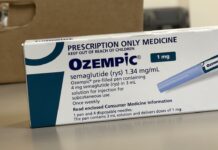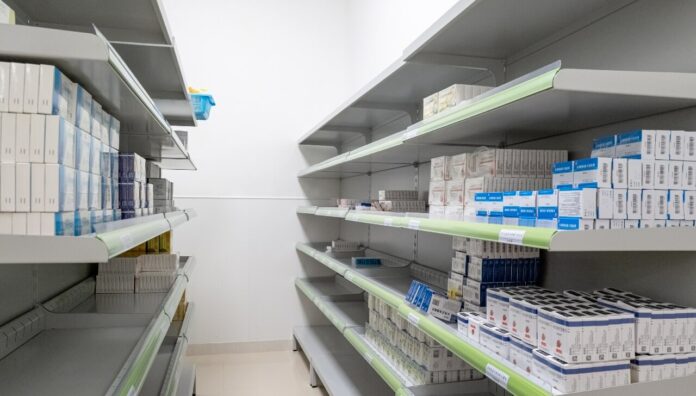As per the Therapeutic Goods Administration’s (TGA’s) Medicine shortages report database, today (3 July 2024) there are 407 current medicine shortages.
There have been an ongoing shortages of critical pain relief medicines for palliative care, following the discontinuation of oral liquid morphine (Ordine) from the Australian market in 2023, along with various strengths, brands and formulations of morphine sulfate pentahydrate and oxycodone hydrochloride.
These supply challenges are distressing for patients, families, and health professionals, who have been forced to grapple with fluctuating supplies week in and out.
‘For many clinicians, the challenges around a lack of guaranteed supply of medicines has been ongoing for 18 months or more,’ said Camilla Rowland, CEO of Palliative Care Australia.
Children and parents are also bearing the brunt of ongoing shortages, with azithromycin powder for oral suspension in short supply. The timing couldn’t be worse, with pneumonia cases continuing to surge in 2024 compared with the previous 5 years – with emergency department presentations in New South Wales in the 0–4 and 5–16 age groups significantly higher this year. Cases of pertussis, another indication for azithromycin and which can also lead to pneumonia, have also reached a 5-year high.
Azithromycin is also used for acute otitis media in Aboriginal and Torres Strait Islander children as a single dose, with the shortage having a critical impact on this population.
Some parents have reported visiting up to 10 pharmacies in search of the medicine, with the TGA reporting that shortages are expected to persist until November 2024.
‘We tried a number of different chemists. We went to three in person and probably called another dozen,’ said Sunshine Coast mother Kyanne Hooper, who was searching for azithromycin for her 16-month old son.
It doesn’t help that pharmacists in most jurisdictions are unable to make sensible substitutions to dosage forms or within medicine classes – which could alleviate pressure on healthcare professionals, patients and parents.
With that in mind, Australian Pharmacist drills into the issues and the solutions – newly legislated and proposed – which could help to make a difference.
Critical medicines list urgently needed
When medicines are in long-term short supply, the TGA utilises the Section 19A instrument to facilitate the importation of medicines into Australia.
There are 128 current S19A approvals, including Timolol 0.5% w/v eye drops solution and paracetamol infusion.
However, while designed to backfill shortages, manufacturers of S19A medicines are also not subject to the same impending shortages notifications that apply to other medicines approved for use in Australia, explained PSA SA/NT State Manager Helen Stone MPS.
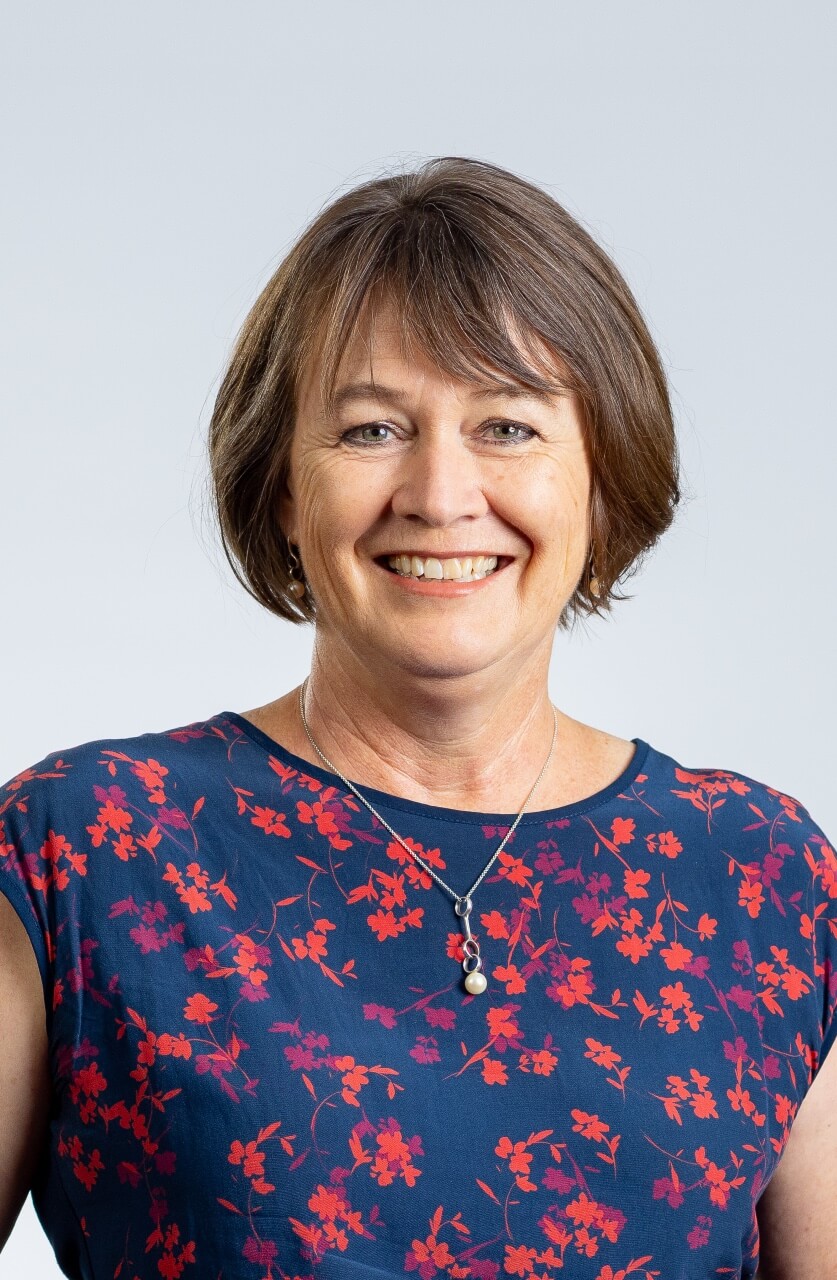
‘Normally, when medicines are approved by the TGA, the company that produces them is required to notify the TGA that they are unable to supply the Australian market,’ she said.
‘[Manufacturers] of S19A medicines don’t have the same obligation to inform the TGA when a shortage situation arises.’
Take morphine 5 mg/mL oral liquid (Ordine) for example. While discontinued by Mundipharma on 22 March 2024, the TGA announced that a replacement product, manufactured by Arrotex, would be available from 27 September.
‘Meanwhile, another replacement product was listed under S19A, which can no longer be supplied until later in July,’ said Ms Stone.
‘Often a product is listed, but then it can’t be supplied for a variety of commercial reasons, for example the manufacturer may have underestimated the quantities required in Australia or other supply issues they didn’t anticipate.’
The current process of waiting for pharma companies to report that they can’t supply medicines means patients face ongoing shortages of essential medicines.
To remedy that, the ultimate solution would be the creation of an essential formulary for Australia – a critical medicines list – which contains essential medicines such as oral liquid morphine and certain antibiotics.
‘When we identify that we must have those medicines in Australia, we can proactively work with pharma companies to make sure there’s always supply,’ she said.
PSA has long advocated for a critical medicines list, which is under consideration with the TGA, and submitted a response to the TGA’s Medicine shortages in Australia – Public consultation on challenges and opportunities – the results of which are expected imminently.
‘We could still use S19A for less critical medicines, but having an essential formulary with specific rules around it would give us another option in trying to manage critical shortages,’ Ms Stone added.
Queensland’s scope of practice pilot creates a better way
Despite most pharmacists being unable to make substitutions when medicines are in short supply, pharmacists participating in the Queensland Community Pharmacy Scope of Practice Pilot have the authority to do so.
The Extended Practice Authority (EPA) – Pharmacists Community pharmacy scope of practice pilot allows participating pharmacists to undertake therapeutic substitution and adaptation without needing prescriber approval, said PSA Queensland State Manager Nicole Floyd MPS.
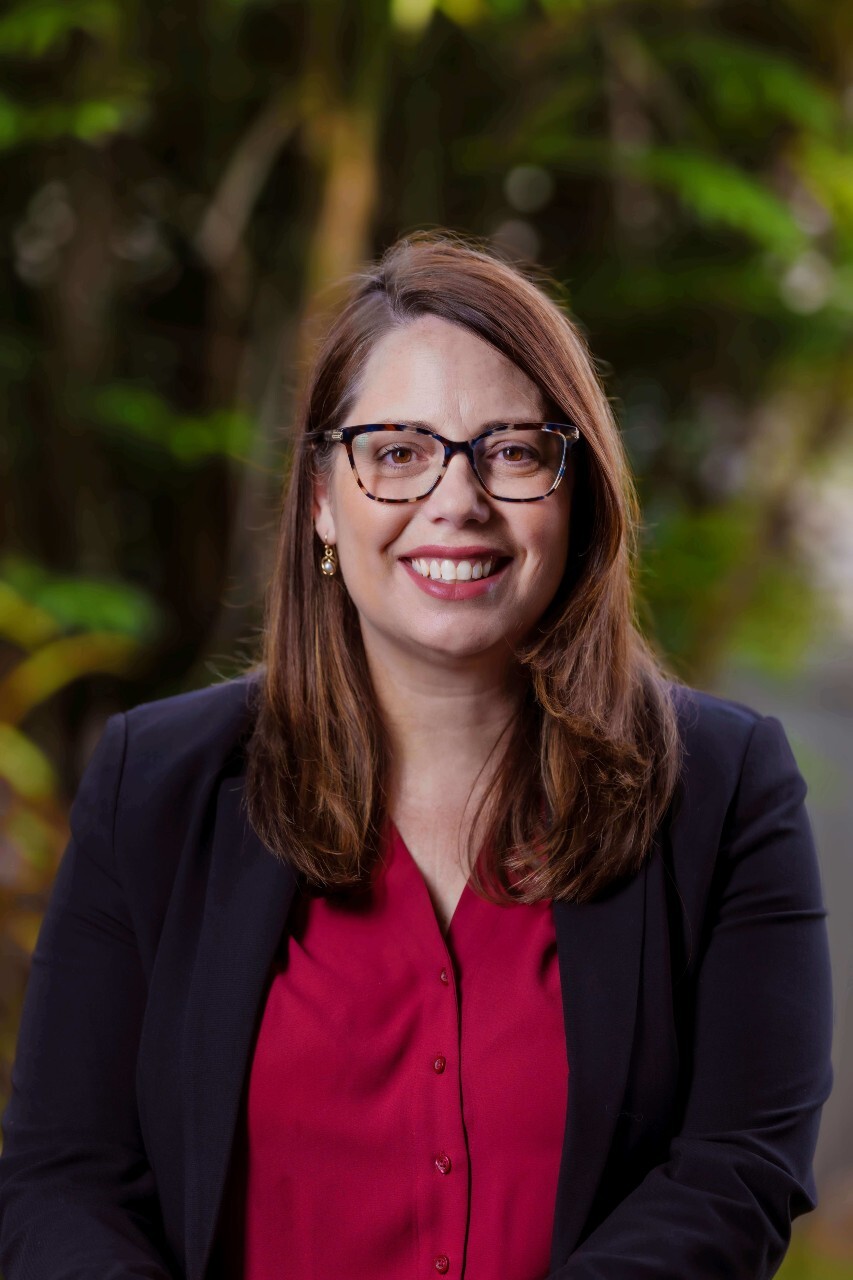
‘Under part two of the EPA, an authority allows pharmacists participating in the pilot to amend a prescription,’ she said. ‘That means they can change the dosage form of a medication without the prescriber’s approval, and also substitute a medicine for another drug within the same class.’
The EPA doesn’t just apply to medicines prescribed under the pilot, but extends to all medicines.
So if a parent presents to a pharmacy participating in the pilot with a prescription for azithromycin suspension, which cannot be supplied, pharmacists can offer stressed parents some relief.
While pharmacists should let prescribers know of any amendments to scripts, they can substitute the liquid azithromycin dosage form for tablets and advise parents to crush and disperse it without needing to obtain authority.
‘Any other pharmacists in Queensland who are not participating in the pilot or practising in other jurisdictions would have to go back to the prescriber to amend or request a new script,’ said Ms Floyd.




 This article was sponsored and developed in collaboration with PSA and Carers NSW[/caption]
However, pharmacists may perceive medication errors or non-adherence as a carer’s inability to fulfil this role,
This article was sponsored and developed in collaboration with PSA and Carers NSW[/caption]
However, pharmacists may perceive medication errors or non-adherence as a carer’s inability to fulfil this role,

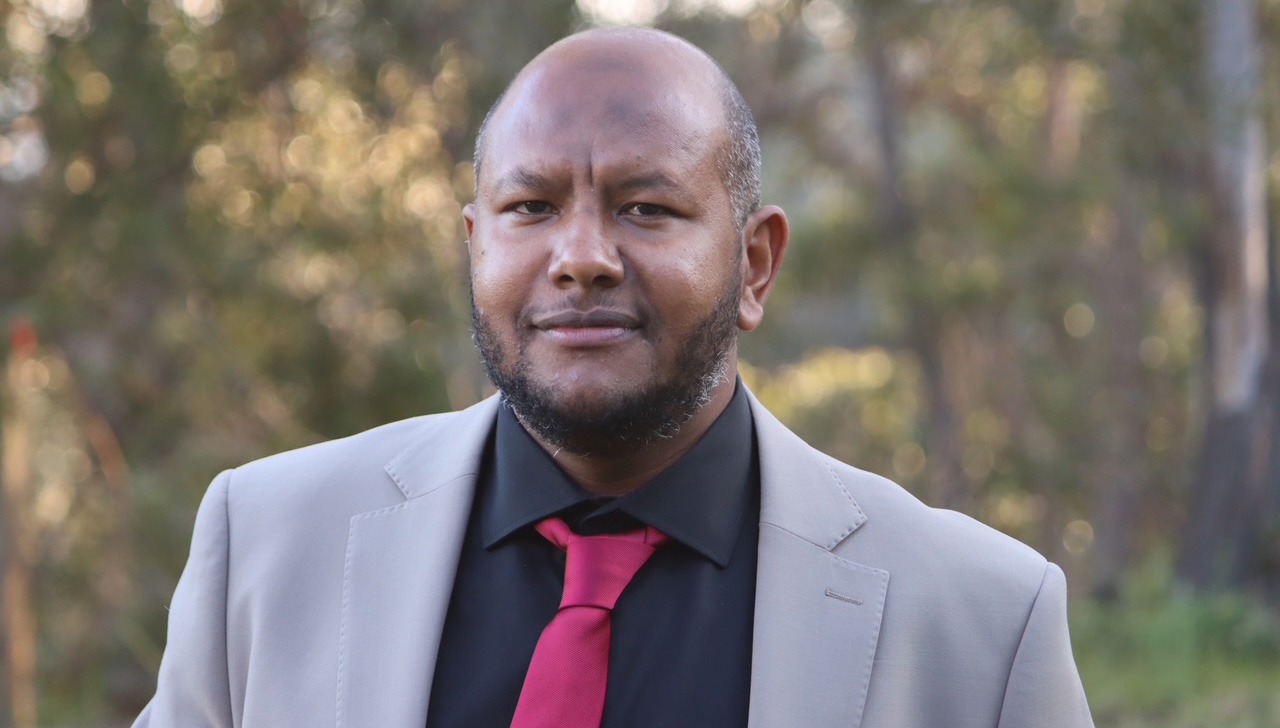 Now a PhD candidate, former Sudanese refugee and NSW Pharmacist of the Year
Now a PhD candidate, former Sudanese refugee and NSW Pharmacist of the Year  David North OAM
David North OAM NSW Early Career Pharmacist of the Year Lily Pham
NSW Early Career Pharmacist of the Year Lily Pham